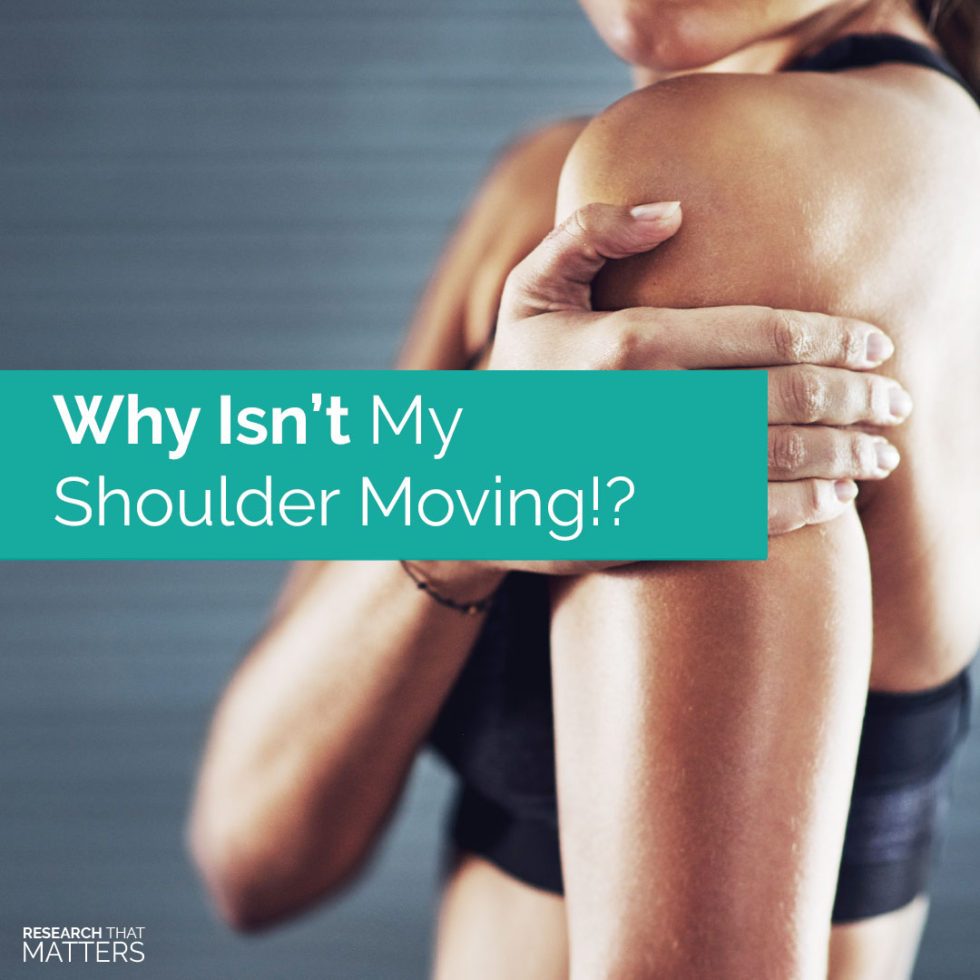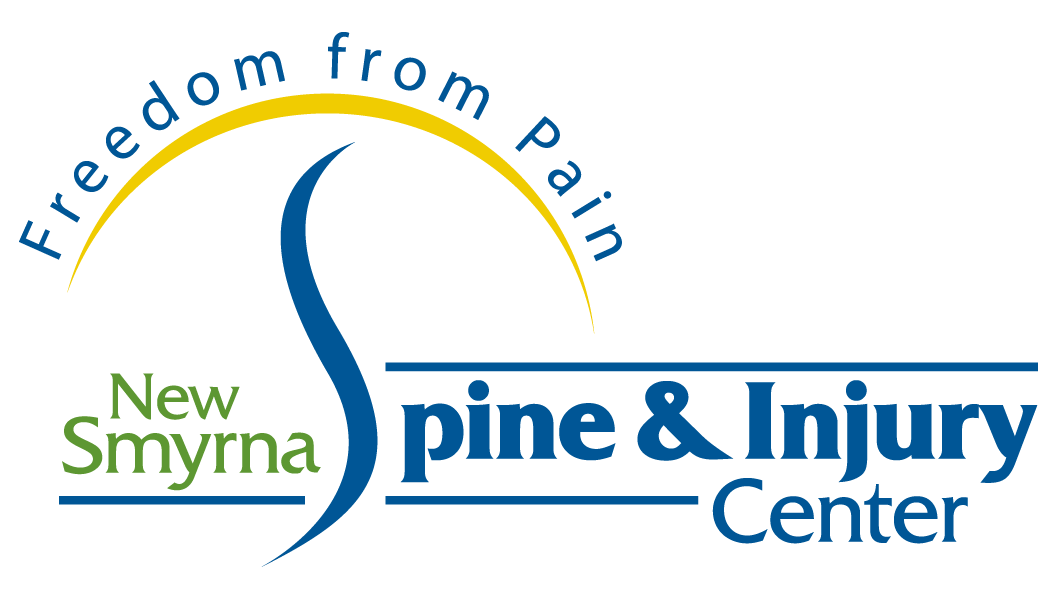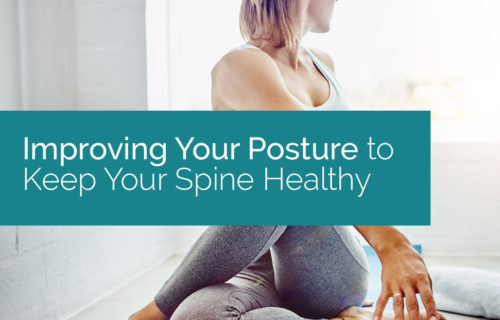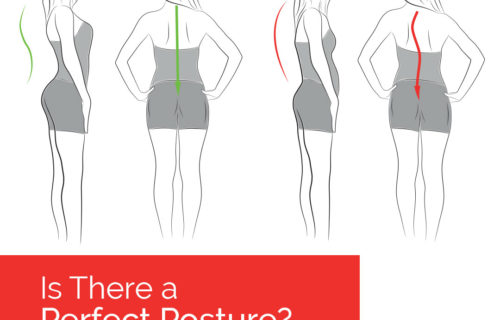
Why Isn’t My Shoulder Moving!?
Bottom Line:
Pain in and around the shoulder is very common after a car accident or work injury. The shoulder is considered an unstable joint which means that it has a tremendous range of motion but not much stability. The combination of fantastic mobility and limited stability make it extremely susceptible to injuries as a result of impact.
Why it Matters:
The shoulder is a ball and socket joint with 3 primary bones: the upper arm (humerus), collarbone (clavicle) and shoulder blade (scapula). These bones are held together with an intricate pattern of muscles, tendons, and ligaments. If your rotator cuff is injured, you may notice severe pain and limited range of motion. Left untreated, rotator cuff injuries can eventually result in a “frozen” shoulder and months worth of treatment to re-establish a full range of motion.
- Your shoulder is a mobile joint that is held together with a complex network of muscles, tendons, and ligaments.
- The incidence of whiplash + shoulder injury after a crash is estimated to be nearly 22%.
- Holding onto the steering wheel during an accident can cause damage to the rotator cuff or initiate impingement syndromes, as can your seat belt.
Next Steps:
Shoulder injuries can sometimes mimic other injuries. Pain down into your arm due to nerve entrapment, or even referred pain up into your neck and head could be coming from your shoulder, as compression on the shoulder by a seat belt during an accident can injure the nerves that travel to your arm and hand. If your shoulder or arms feel restricted, sore, or painful after an accident, we recommend having it evaluated so you can get the proper care to start healing better, faster.
Science Source:
Injury mechanisms in supraclavicular stretch injuries of the brachial plexus. Hand Surgery and Rehabilitation. 2016. Whiplash injury of the shoulder: Is it a distinct clinical entity? 2005.



